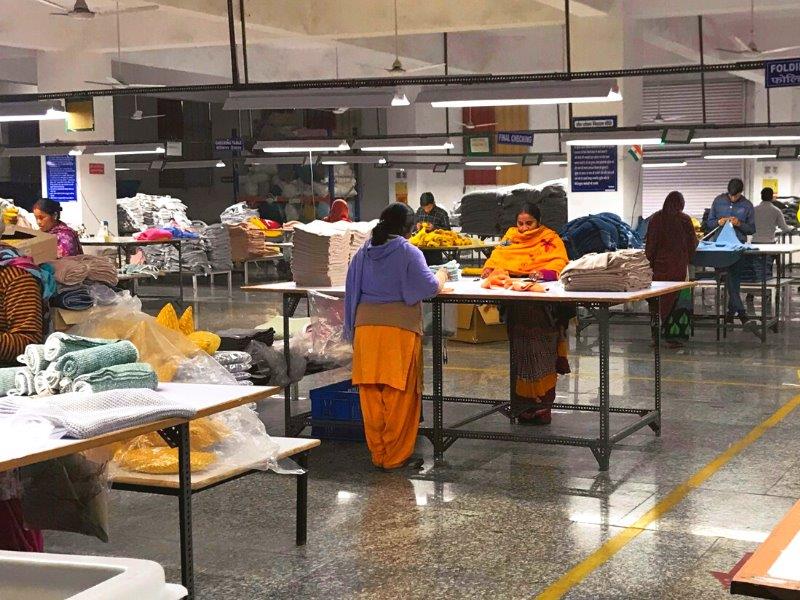How we engage with our suppliers

The German Supply Chain Due Diligence Act (Lieferkettensorgfaltspflichtgesetz – LkSG) will come into effect on January 1, 2023. This Act requires companies with over 3,000 employees – including Westwing – to ensure their supply chains respect human rights and the environment. We are aiming to work even more closely with our suppliers going forward to ensure that they integrate the Act’s goals and values with their daily business. We are planning to build our supplier engagement around three core areas: communication, support, and transparency.
Westwing has already incorporated the main principles of the Supply Chain Due Diligence Act and our core values into the Code of Conduct that we have been sharing with our suppliers. In addition, we have held dedicated meetings and training courses with key suppliers. We want to know how we can better address their questions and concerns, and to discuss how we can best make a difference while taking their needs and capabilities into account. Virtual training continued during the challenging COVID-19 period, ensuring continued assistance on our part.
In a world that is seeing severe supply chain disruptions, it is now more important than ever to support our suppliers adequately and to promote our Westwing values and the values embodied in the Supply Chain Due Diligence Act. Our Sustainability and Purchasing teams work hand in hand, and have established a direct dialogue with our suppliers. This allows us to understand and address any issues or problems they are facing early on, and to help them introduce adequate solutions within realistic timelines. Our teams also perform regular follow-up checks to ensure that our suppliers are working towards the right goals and are making adequate progress.
Transparency is vital in supplier engagement. Social audits – which are based on international and local labor, health and safety, environmental, and business ethics standards – are one of the most widely recognized ways to understand and assess working conditions at supplier sites. Independent third-party auditors physically visit production workshops, dormitories, canteens, and similar facilities, assess health and safety and overall working conditions, and raise the alarm early on about any concerns. Westwing currently accepts the following world-leading social certification programs and initiatives from its suppliers: BSCI (Business Social Compliance Initiative), SMETA (Sedex Members Ethical Trade Audit), and the SA8000 standard. These programs permit Westwing to understand conditions on the ground, monitor supplier performance, and assess compliance with our values and the requirements of the Supply Chain Due Diligence Act. They also form the basis for open, direct dialogue with suppliers geared at motivating them to set clear, ambitious, yet pragmatic goals for improvement.
 English
English Deutsch
Deutsch